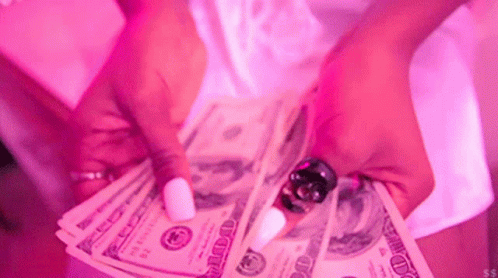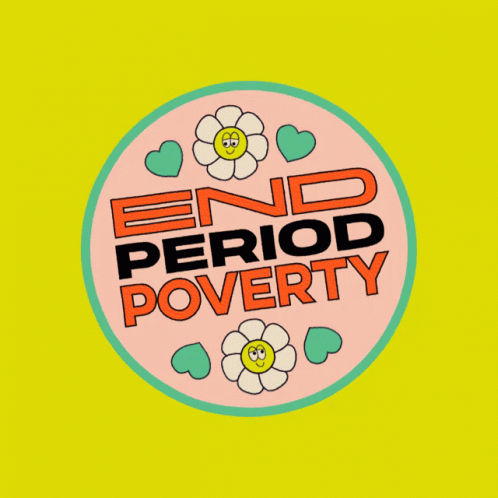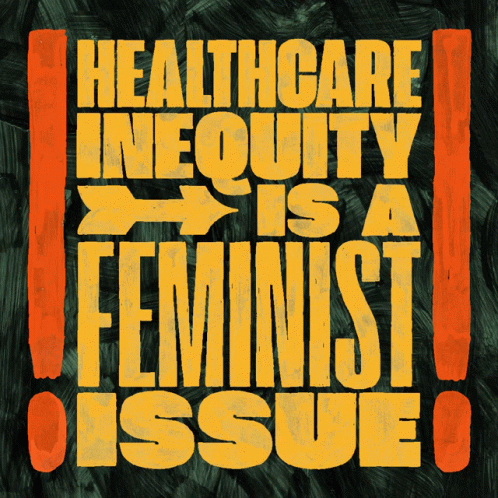What Does Pink Tax Mean?
The term pink tax refers to the phenomenon where products targeted towards women are priced higher than similar products marketed towards men. This includes items that are used by both genders, such as shoes, razors, toys, and clothing, as well as products exclusively used by women, like tampons. The pink tax is not an abbreviation or an acronym; it is simply a term used to describe this pricing discrepancy. Here are a few examples of the pink tax in action:
- In certain sporting goods stores, the “women’s” version of boots, clothing, and other gear can cost up to 10% more than the “men’s” version, despite being identical products. 2. According to a 2015 report from the New York City Department of Consumer Affairs, Schick Hydro razor refills marketed towards women are priced 23% higher than the same refills marketed towards men, even though the only difference is the packaging. 3. The same report discovered that a red Radio Flyer scooter is priced at $25, while the exact same scooter painted pink is priced at $49. 4. In many states across the United States, medical and health supplies are exempt from sales tax. However, tampons are often not included in this exemption, resulting in an additional form of pink tax known as the “tampon tax.”
The pink tax places a financial burden on women, forcing them to pay higher prices for products that they require or that are specifically marketed towards them. This contributes to financial inequality based on gender. It is important to note that the pink tax does not have any sexual connotations and is not a typo or an error. It is a term used to draw attention to the pricing disparity between products marketed towards women and those marketed towards men.



What Does Pink Tax Mean From a Girl?
When a girl uses the term pink tax, she is most likely referring to the phenomenon where products targeted towards women are priced higher than similar products marketed towards men. It is important to note that the pink tax is not a slang term specific to girls, but rather a term used to describe this pricing discrepancy.
Here are a few key points to consider:
- Specific meaning from a girl: Girls may use the term pink tax to discuss or raise awareness about the unfair pricing of products targeted towards women.
- How girls use it: Girls may use pink tax in conversations with their friends or on social media platforms to discuss the issue and share personal experiences.
- How to reply: If someone mentions pink tax in a conversation with you, it is important to acknowledge their point of view and show empathy. You can express your support for fair pricing and equality.
Girls use the term pink tax similarly to everyone else, as it is not specific to any gender. However, girls may have a unique perspective on the issue due to their personal experiences with gender-based pricing disparities. They may also be more likely to discuss and raise awareness about the pink tax among their peers.
If you want to engage in a conversation about the pink tax with a girl, it is important to listen and validate her experiences. You can show support by acknowledging the issue and discussing potential solutions or ways to raise awareness. Remember, it’s always important to approach these conversations with respect and empathy.
Example 1:
- Girl A: Ugh, I just bought a razor and it cost way more than the men’s version. It’s such a pink tax!
- Girl B: I know, right? It’s so unfair. We shouldn’t have to pay more just because it’s marketed towards women.
Example 2:
- Girl: I went shopping for deodorant today and noticed that the women’s deodorant was more expensive than the men’s. It’s ridiculous!
- Friend: That’s definitely a pink tax. It’s frustrating how we have to pay extra for the same product.
Example 3:
- Girl A: I found this cute shirt online, but it’s so expensive compared to similar shirts for guys. It’s like they’re charging us extra just because it’s pink!
- Girl B: Ugh, that’s definitely a pink tax. It’s unfair how they hike up the prices for women’s clothing.
Example 4:
- Girl: I was shopping for shampoo and noticed that the women’s shampoo was more expensive than the men’s. It’s such a pink tax!
- Friend: Tell me about it. We shouldn’t have to pay extra just because our shampoo has a floral scent.
Example 5:
- Girl A: I was looking at gym memberships and noticed that the women’s membership was more expensive than the men’s. It’s ridiculous!
- Girl B: That’s definitely a pink tax. It’s unfair how they charge us more just because we’re women.
What Does Pink Tax Mean From a Guy?
When a guy uses the term pink tax, it could imply different things. It could signify a recognition of the unfair pricing of products targeted towards women or a way of showing support for gender equality. Alternatively, it could be used humorously or sarcastically to comment on the pricing discrepancy.
Here are some possible meanings and uses of “pink tax” from a guy’s perspective:
- Acknowledging unfair pricing: A guy might use “pink tax” to acknowledge and discuss the issue of products targeted towards women being priced higher than similar products marketed towards men. He may use this term in conversations with friends or on social media to raise awareness and show support for gender equality.
- Humorous or sarcastic commentary: Some guys may use “pink tax” in a humorous or sarcastic way to comment on the pricing discrepancy. They may use it as a playful way to criticize the unfairness or highlight the absurdity of the situation.
- Supporting gender equality: A guy might use “pink tax” as a way of expressing his support for gender equality and fair pricing. He may use this term to show solidarity with women and advocate for change in how products are marketed and priced.
It is important to note that not all guys may be familiar with the term “pink tax” or use it in their conversations. However, for those who are aware of the issue and interested in promoting gender equality, using “pink tax” can be a way to engage in meaningful discussions and raise awareness.
If a guy uses “pink tax” in conversation with you, it’s generally best to take it as an opportunity for discussion and understanding. You can ask him about his thoughts on the issue, share your own experiences, and explore potential solutions together. Remember, open-mindedness, empathy, and respect are key when engaging in conversations about social issues like the pink tax.
Example 1:
- Guy 1: Dude, have you seen the price difference between men’s and women’s razors?
- Guy 2: Yeah, it’s ridiculous! Women’s razors are like double the price for the same thing. Talk about pink tax!
Example 2:
- Guy 1: I was shopping for shoes and noticed that women’s sneakers are way more expensive than men’s.
- Guy 2: Ugh, tell me about it. It’s like they’re charging extra just because they’re pink. Pink tax strikes again!
Example 3:
- Guy 1: I was looking at the prices of toys for my niece and nephew, and the ones marketed towards girls are always more expensive.
- Guy 2: Seriously? That’s messed up. It’s just a toy, why should it cost more just because it’s pink? Pink tax strikes again!
Example 4:
- Guy 1: I was shopping for clothes and noticed that women’s jeans are way pricier than men’s jeans.
- Guy 2: Yeah, it’s like they think women will pay anything for a pair of jeans. Pink tax at its finest!
Example 5:
- Guy: I was buying some tampons for my girlfriend and couldn’t believe how much they cost compared to other hygiene products.
- Girl: Right? It’s ridiculous how we have to pay extra just for something we need every month. Pink tax is so unfair!
Origin of Pink Tax
The term “pink tax” is not a derived word or a popular typo. It is a term used to describe the phenomenon of products targeted towards women being priced higher than similar products marketed towards men. The term itself does not have any sexual connotations and is not a typo or an error. It is simply a term used to draw attention to the pricing disparity between products marketed towards women and those marketed towards men. The origins of the term are not clear, but it is commonly used to discuss this pricing discrepancy.
Frequently Asked Questions
Slangs similar to Pink Tax
Inflation, higher prices, tighter budget, saving money, adjusting spending habits, and financial stress are similar to pink tax because they all involve the impact of increased costs and financial strain on households. These terms describe the economic challenges faced by individuals and households due to the pricing discrepancy and financial burden associated with the pink tax.
Is Pink Tax A Bad Word?
No, “pink tax” is not a bad word or vulgar word. It refers to the tendency for products marketed specifically to women to be higher-priced than those marketed to men. It is a term used to highlight the gender-based financial inequality that women face.
Is Pink Tax a Typo or Misspelling?
No, “pink tax” is not a misspelling or typo. It is a term used to describe the phenomenon where products marketed towards women are priced higher than similar products marketed towards men.





